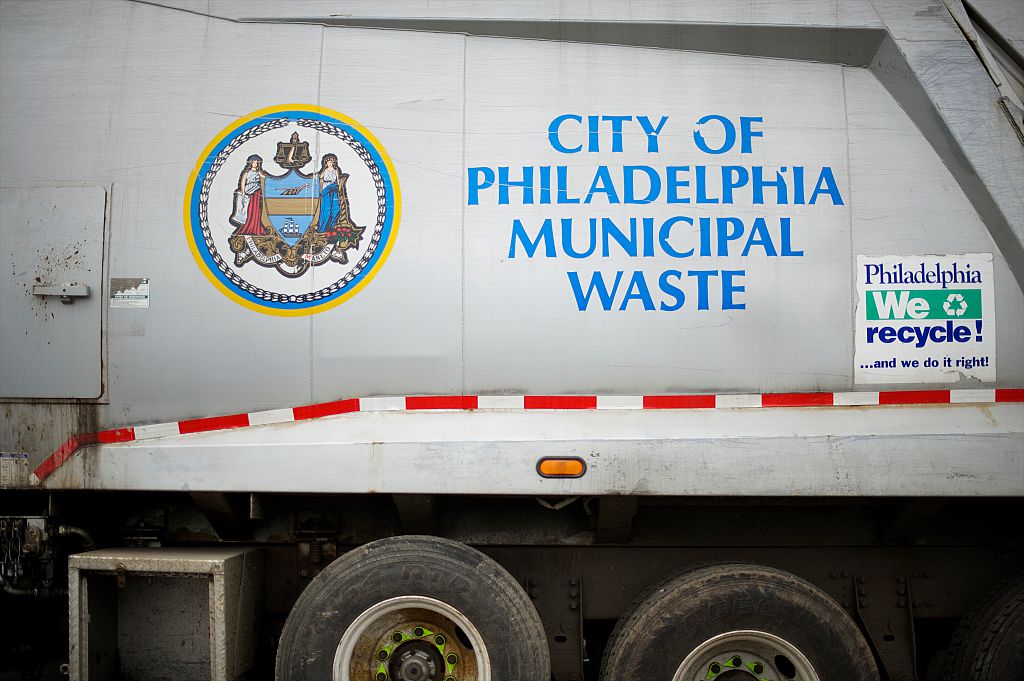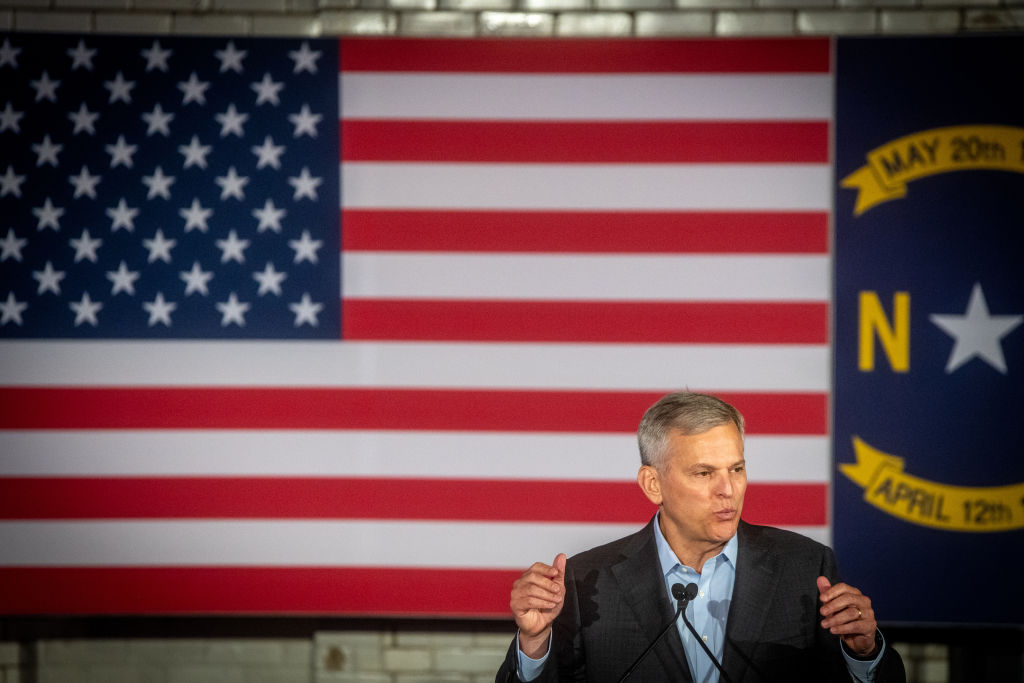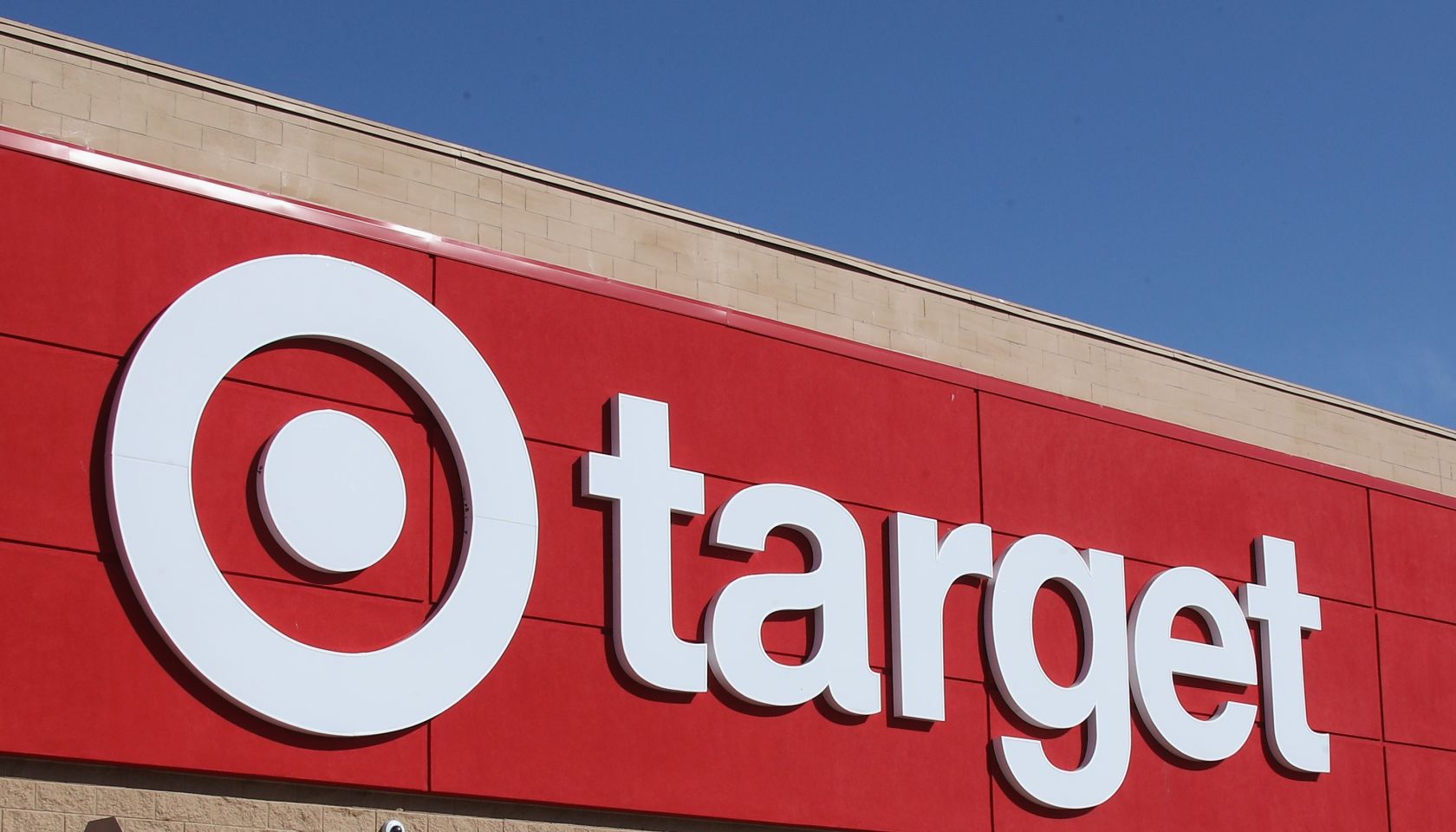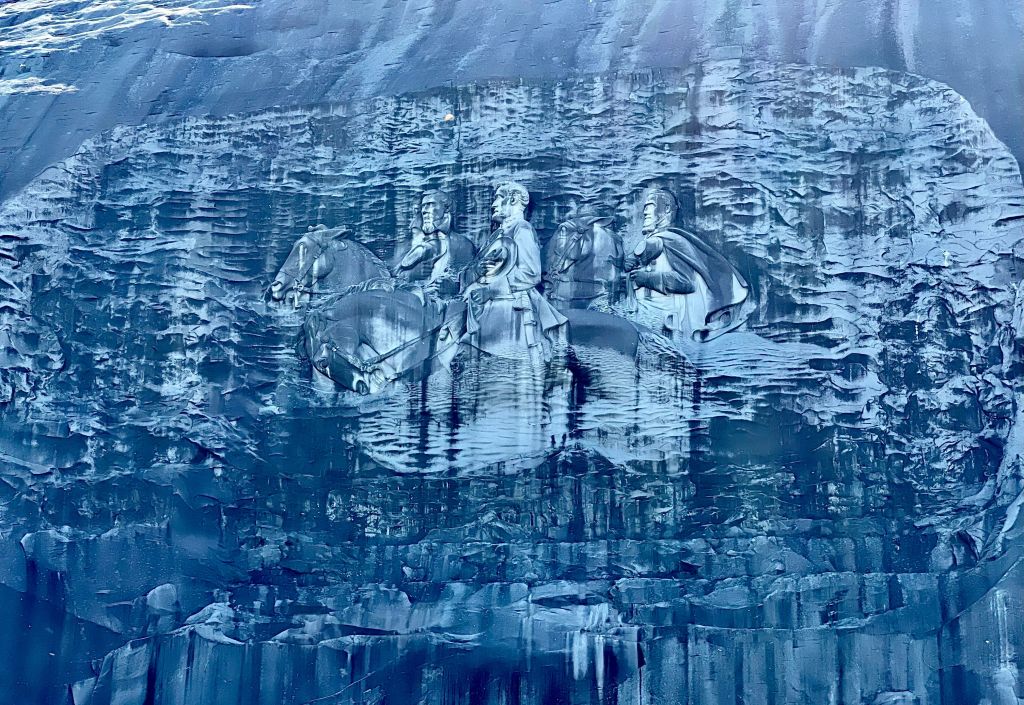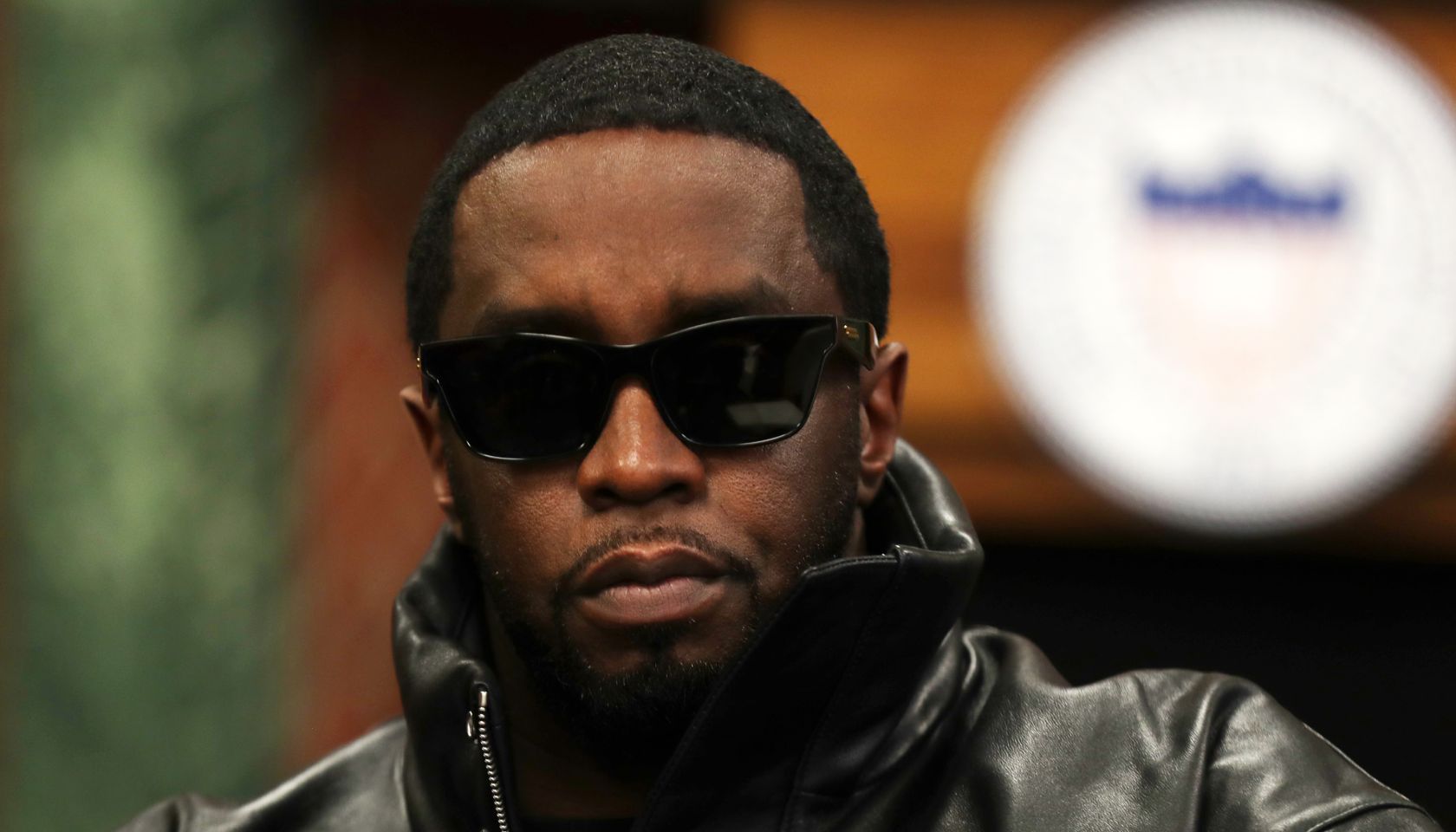It all started off innocently enough with a simple minute-long video showing an all-Black group of college students getting turned up to the Nth degree at an amazing party where everybody was dancing as hard as they possibly could. The video was tweeted Thursday night from the Twitter account belonging to Alpha Phi Alpha‘s Zeta Alpha Chapter at the University of Missouri (Mizzou) and accompanied by a brief message of encouragement.
“‘MAKE MIZZOU GREAT AGAIN,'” the tweet said with an emoji of someone yelling. “Keep this same energy, see y’all next time.”
Liked hundreds of times, the tweet from the historically Black fraternity was an obvious play on words to reimagine the president’s divisive motto in a more positive light. But it just took one response to that tweet, in particular, to turn things from what was seemingly meant to be a light-hearted moment of levity to a contentious debate between predominately white institutions (PWIs) and historically Black colleges and universities (HBCUs).
https://twitter.com/tygardner__/status/1071193353113489408
Yep, you read right. The retweet from @tygardner__ referred to Mizzou as an HBCU, implying that all it takes is a concentrated group of college students who are Black to transform any campus into a Black college, historical designations be damned.
The notion isn’t remotely new, as PWIs and HBCUs don’t have too much in common beyond being institutions of higher learning for mostly young adults. Instead, it’s all about the experience. At an HBCU, culture is everywhere and can many times culminate in the type of experience shown at the Alpha party in the video above.
Blavity even published an article with the headline, “I went to a PWI and still had a black college experience.”
You may recall that the University of Missouri’s main campus in Columbia is the same place where Black student activists protested racism in the administration, resulting in the school’s president tendering his resignation in 2015. Even though Black student enrollment fell following that ugly episode, Mizzou’s Black population was the second-largest racial denomination on campus behind white students.
Still, according to the FAMUan, the student news outlet at Florida A&M University, an HBCU, “Race may seem like the underlying difference between HBCUs and PWIs, but the day-to-day interactions between professors and students during fundamental learning is what is setting these two institutions apart.”
There is also the unproven idea that PWIs are intrinsically better than HBCU, but many students at Black colleges can believe the opposite. It’s a vicious, neverending cycle of an argument that has no definite correct answer, except for maybe the one encouraging PWIs and HBCUs to “create partnerships, not competition.”
@tygrdner__ later responded that his HBCU tweet was only meant as a joke, but it was too late to extinguish the social media fire that was ignited from the tweet, showing there are still some deep-seated issues certain folks need to work through when talking about higher learning environments.
https://twitter.com/tygardner__/status/1071193859621818368
All it takes is one tweet to be shared a bunch of times to get something to become viral, and on Friday night it seemed all of Black Twitter was in its feelings over what was construed as HBCU slander.
Take a look at some of the tweets below to give you a sense of the time, energy and passion evoked from discussing what seemed to be a sensitive topic.








